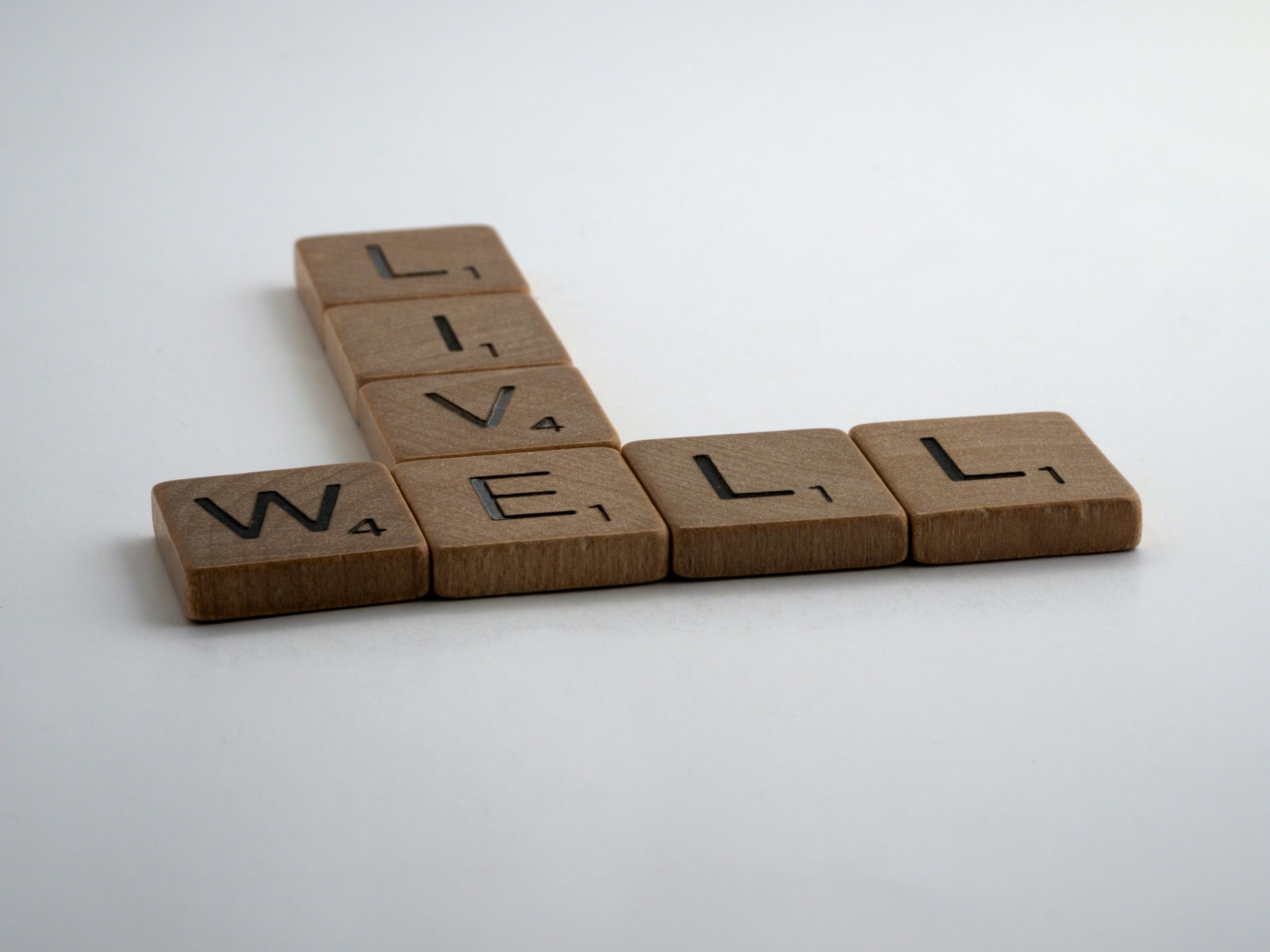The term “mental hygiene” may be unfamiliar to some, but it really is exactly what the words suggest: keeping your mental health tidy and optimized. Just like hygiene practices for your body, like showering, using deodorant, and brushing your teeth, mental hygiene tends to one’s psyche, which is defined as “a person’s mind, soul or spirit.” Basically, it’s what makes you you, minus the physical body.
Good mental hygiene habits are healthy mental and emotional habits. Just like eating balanced meals, getting plenty of sleep and drinking water throughout the day is for your body (and brain), healthy mental hygiene habits help promote and maintain rational thought, healthy emotions and productive actions. In short, they provide stability.

5 Healthy Mental Hygiene Habits Anyone Can Do Today
1. De-clutter your space.
You might think that the piles of newspapers, old pieces of mail, jackets, shoes, boxes and other items lying on the surfaces of your home office or living space don’t bother you, but studies show that it’s more stressful on your mind than you think. Same goes for your workspace: If you aren’t using it, find a drawer for it. Piles of papers and junk when you are trying to focus on work is distracting and stressful.

2. Practice mindful breathing.
Stop what you are doing three times a day (or more!) and for one minute, breathe in deeply through your mouth and out through your nose. Think about the feeling of the breath coming in and going out. Follow it in your mind’s eye (close your eyes to lessen distraction) going into your nose, into your lungs, and coming out again. While you’re breathing, as other thoughts enter your mind (work, an upcoming appointment, a weird conversation you had the day before), gently bring your mind back to your breath. Congratulations! You’re not just breathing, you’re meditating!
3. Use the “sacred pause” as often as you can.
When you are asked to go somewhere, do something for someone, or get surprised with some kind of semi-hostile statement from a co-worker or family member, count to five before you respond. This pause can make all the difference when it comes to saying something that adds a task to your plate that you don’t really want to do or escalates a tense situation. Five seconds is all the time it takes for your body and mind to get in sync so you don’t overreact or say “yes” when you want to say “no.”
4. Speaking of “no,” say it more often.
Get to know your boundaries. Look at your monthly or weekly calendar right now. Are you looking forward to every single event? Are they all mandatory? Did you say yes to something because someone else really wanted you to, but you didn’t? Learn to say no to things that don’t serve your need for downtime or for doing something else instead. This is a valuable lesson to learn and like any other habit, it’s hard at first and then it gets easier the more often you do it. It will actually start to feel refreshing before too long.
5. Create routines.
Routines involving eating and sleeping are fundamental building blocks of good mental hygene. Sleep cycles are like grooves in a road. Once you create one, your body learns that it’s time to go to sleep (at about the same time every night) and your hormones that help you sleep can kick in (and the stress hormones can recede). Put your phone down 30 minutes before bed. Read a book if you must, but put down the screen. Create a routine of meal planning and grocery shopping once a week, with a list. Limiting trips to the store is going to decrease stress and promote healthier eating habits.

Good mental hygiene is finally getting the attention it deserves, and more information than ever is at every person’s fingertips in today’s world of connected devices. Many more tips are available online. Doing things that are healthy for your mind, body, and soul and limiting things that aren’t aligned with your mental health is a recipe for success.




